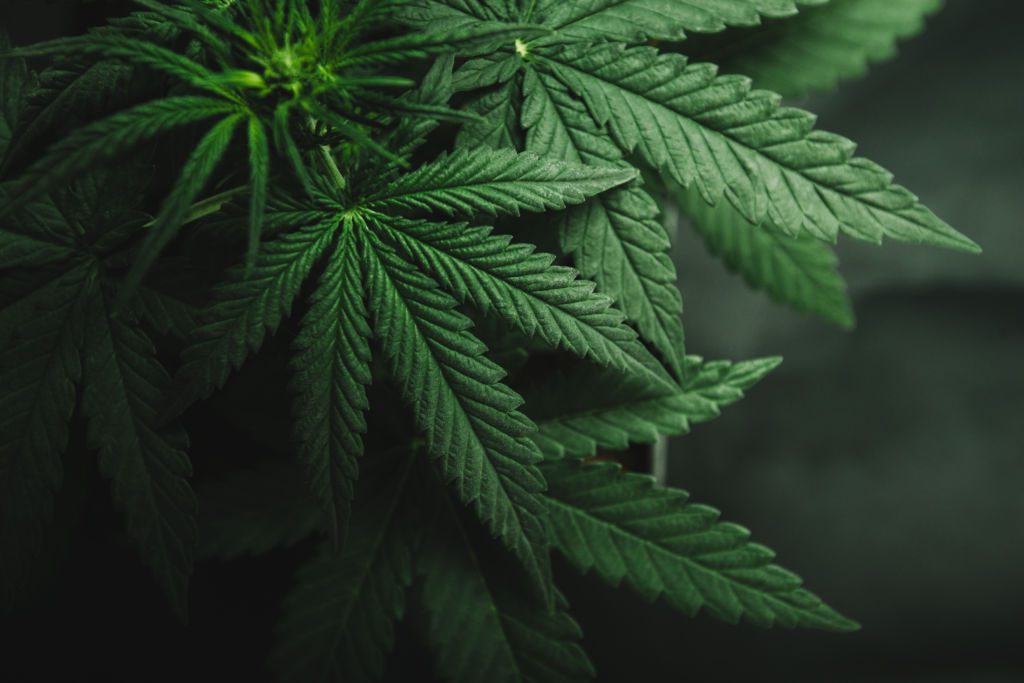The Pros And Cons Of Marijuana For Medical Use
As of 2022, Medical marijuana is now legal in 37 states and over 40 countries worldwide. Because it is becoming more prevalent, it is important to discuss the pros and cons of marijuana for medical use.

Pros
We often hear about different ailments medical marijuana can help with, so we will start with the positives. How can CBD work? It:
- Helps with nausea: Medical marijuana is effective at providing relief for nausea. This makes it a useful aid for patients with cancer, who often experience nausea due to chemotherapy, radiation therapy, or cancer itself. This can make it difficult to maintain an appetite and lead to severe weight loss which further affects health negatively.
- Relaxes Muscles: This is especially helpful for individuals with multiple sclerosis, who often experience spasticity (prolonged muscle tightness or contractions). A 2006 study demonstrated that stimulating the body’s endocannabinoid system can reduce MS-induced pain and spasticity.
- Can help patients of HIV: HIV damages the body in many ways (promotes infection and cancer while causing wasting syndrome, nerve damage, depression, and anxiety). Some patients with HIV say medical marijuana helps all of these issues.
- Helps with pain: In addition to helping pain caused by multiple sclerosis, there is high-quality evidence that medical marijuana helps with chronic and neuropathic pain. Neuropathic pain is described as a burning or shooting pain, often caused by nerve damage.
When talking about the pros and cons of marijuana for medical use, it is important to mention that it has proven to be a much safer alternative than using opiates or opioids, which can result in addiction and overdose. In a survey conducted with medical marijuana patients in California, 92% found that the medical marijuana side effects weren’t as bad as opioids, and 80% found that medical marijuana was more effective for pain management.

Cons
While the medical benefits are significant, we can’t discuss the pros and cons of marijuana for medical use without discussing the cons. Can CBD be bad for your health? Let’s check:
- Short-term memory loss and thinking: according to health.harvard.edu, there is evidence supporting the negative effects of marijuana use on cognitive function and short-term memory. This happens because of the interaction of THC (marijuana’s active ingredient) with brain receptors that are important for cognitive function. However, the relationship of long-term use of marijuana with cognitive problems is not yet known.
- Smoking damages your lungs: Whether it is marijuana or tobacco, smoke inhalation causes damage and scarring to lung tissue and blood vessels within the lungs. It can also lead to a greater risk of bronchitis. This is the case regardless of the method of smoking, whether it is joints, bongs, or pipes.
- Risk of developing cannabis use disorder: Roughly 30% of people who currently use marijuana could be considered addicted, and 10% of people who begin to use become addicted.
- Impairs driving skills: It has consistently been demonstrated that driving after using marijuana increases the risk of car accidents.

Talk To Your Doctor
It is important to consider both the pros and cons of marijuana for medical use and talk to your doctor before deciding if medical marijuana is right for you.
